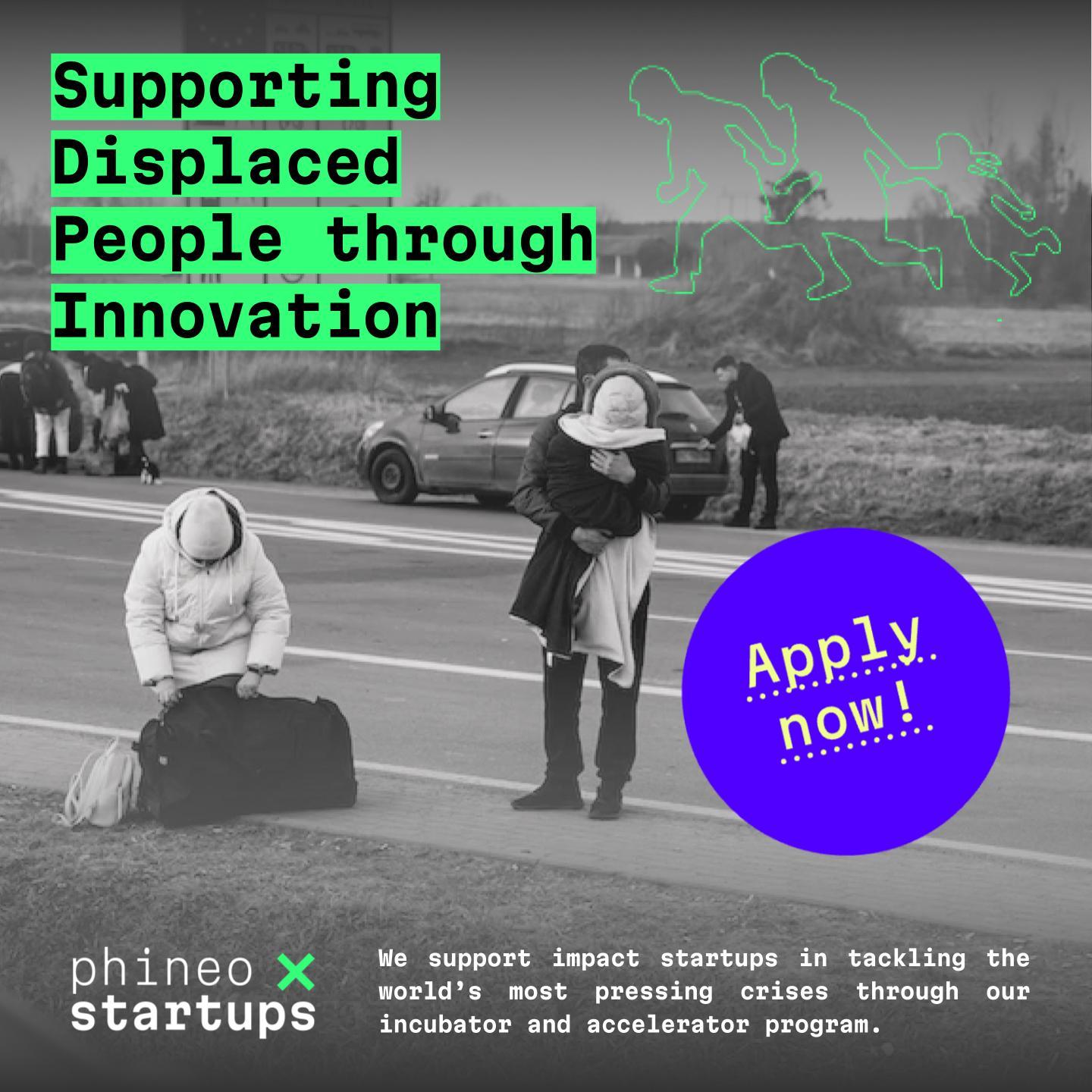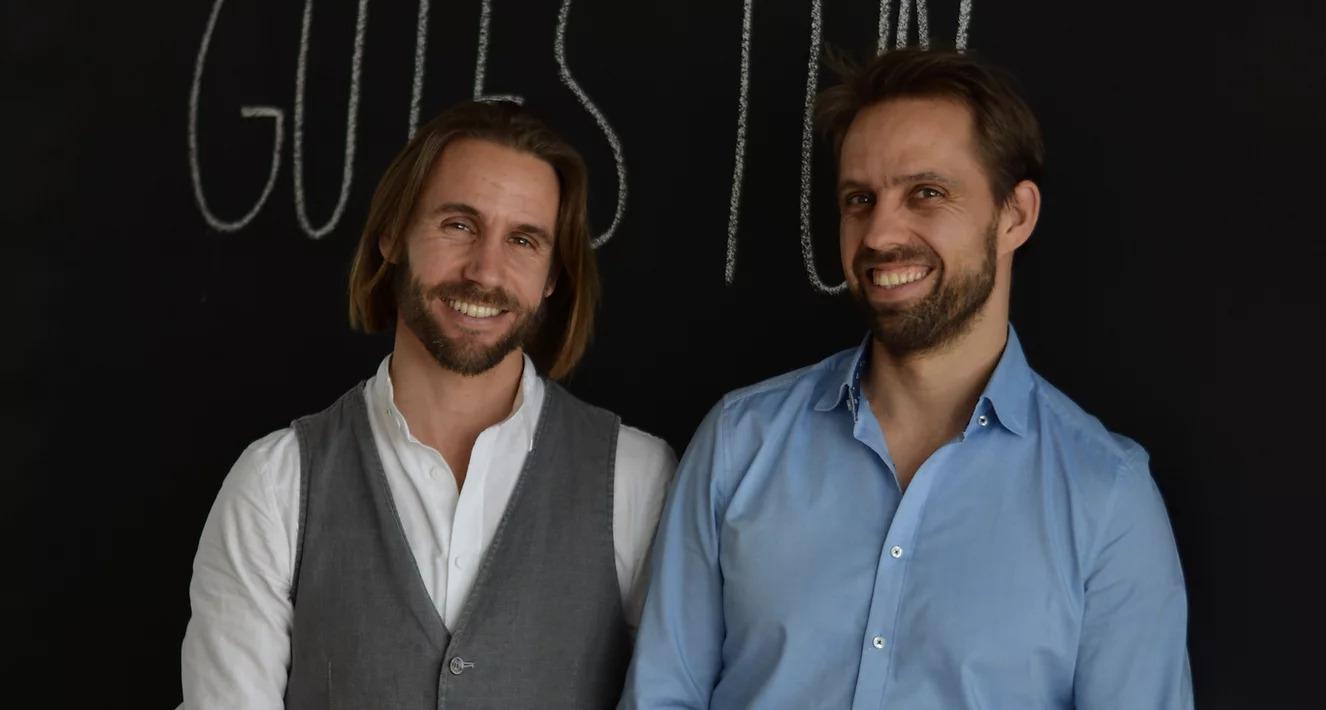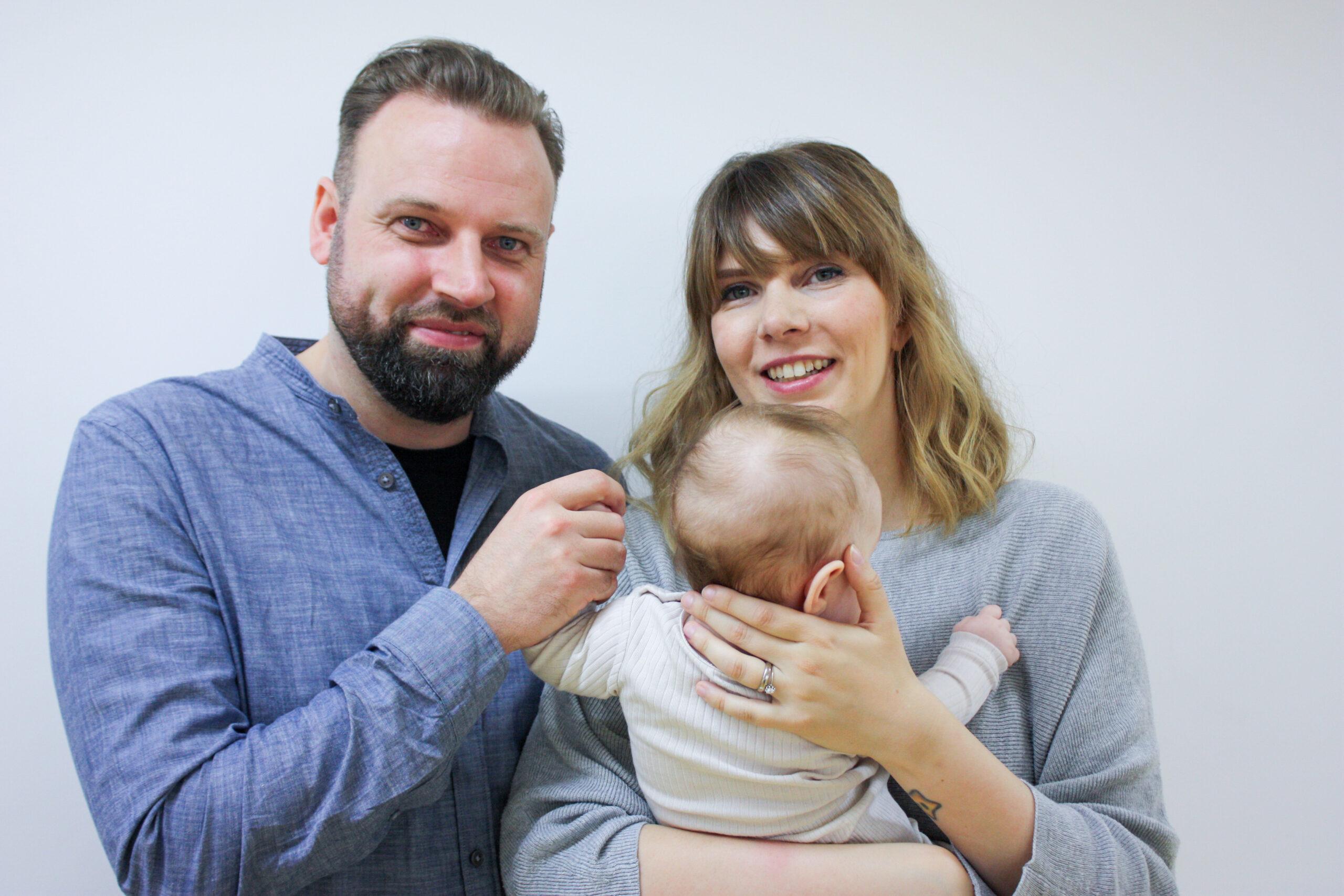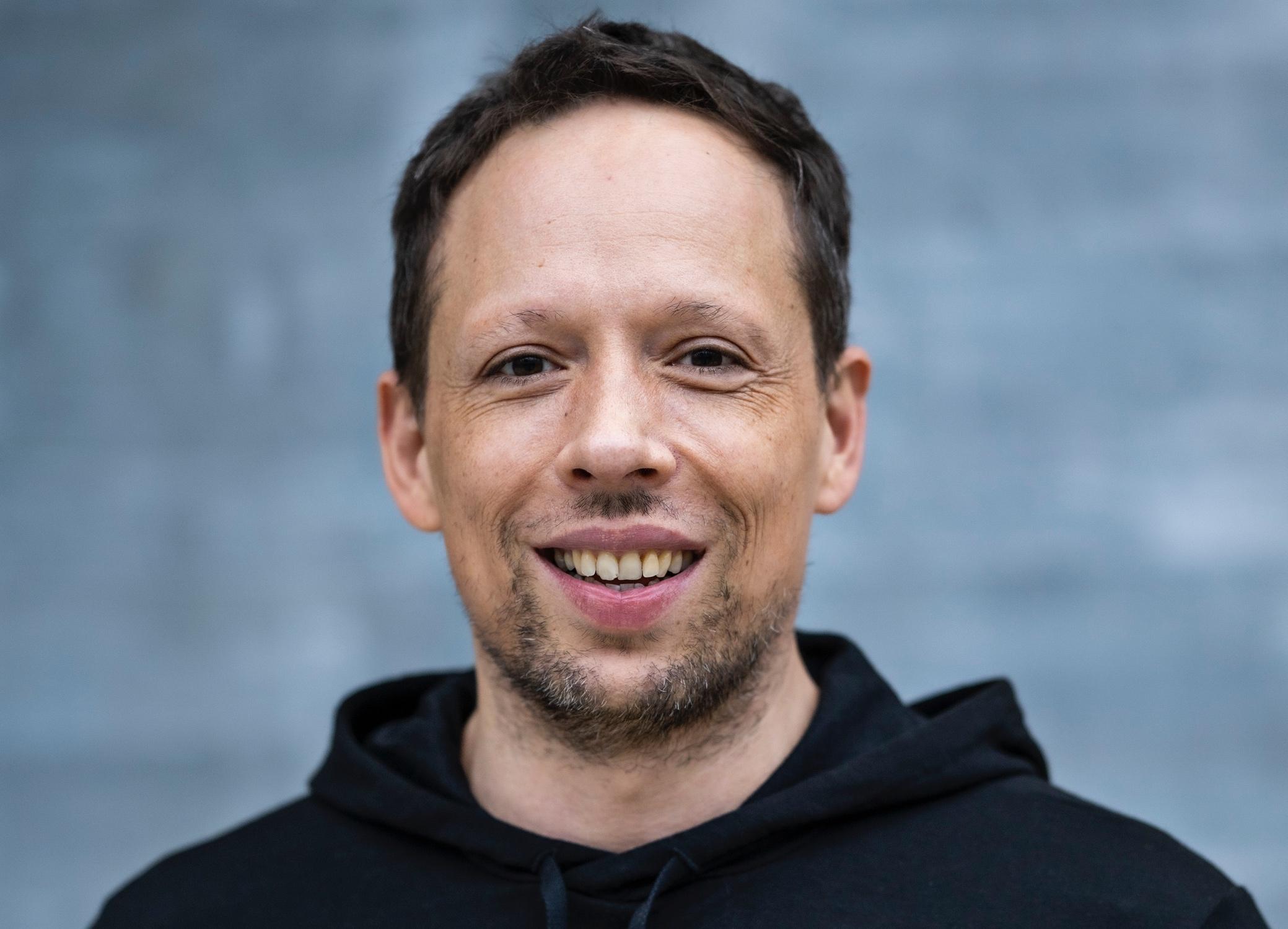"We want to abolish ourselves"
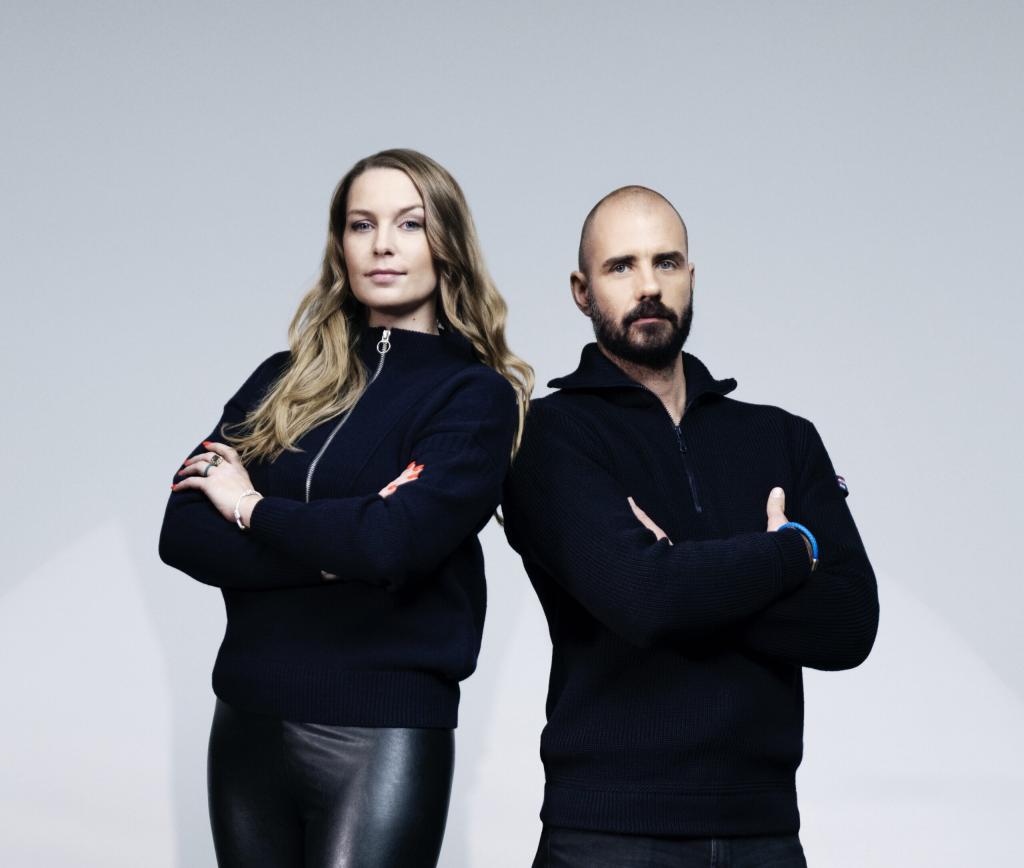
Madeleine von Hohenthal and Benjamin Wenke want to rid the oceans of abandoned fishing nets. But there is still a long way to go, they explain in an interview.
Madeleine von Hohenthal and Benjamin Wenke wanted to do more than just take a few eye-catching pictures of the incredible number of old fishing nets floating around in the sea off East Africa and costing the lives of numerous animals. After a vacation in Tanzania and Zanzibar, the two decided to turn their lives around and founded Bracenet. With their start-up, they have the ghost nets fished out of the sea and turn them into bracelets.
There is a whole range of companies that want to fish plastic out of the sea. You focus on ghost nets. How did this come about?
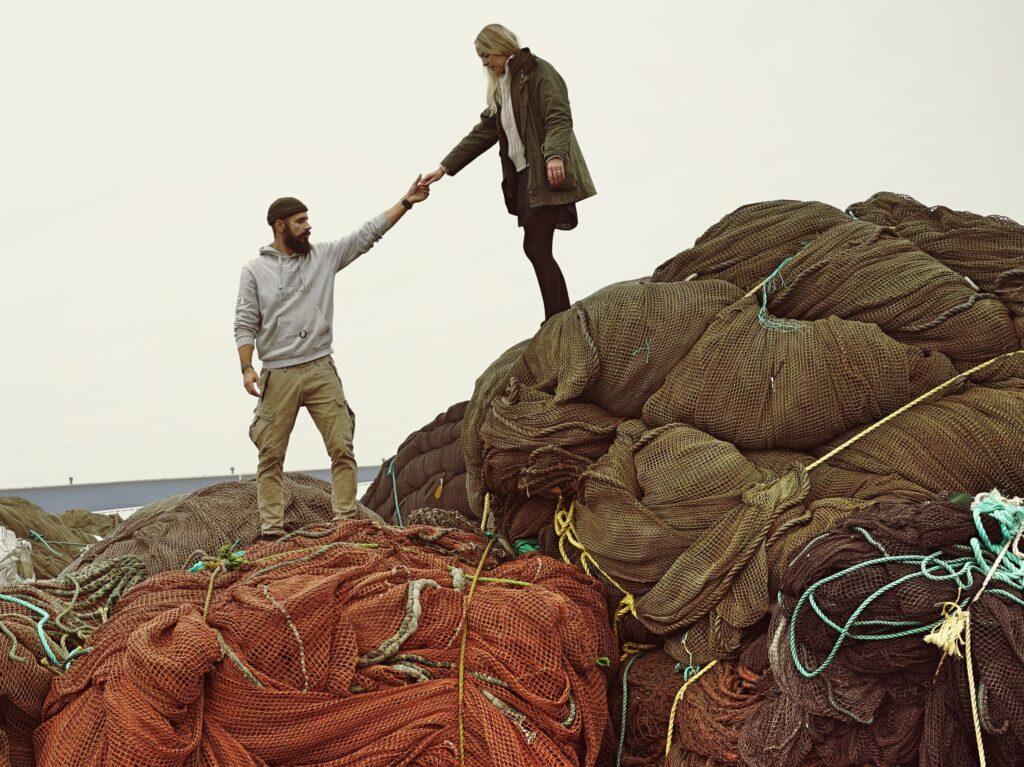
Madeleine von Hohenthal: In 2015, we spent four weeks traveling in Tanzania and Zanzibar. It was there, while diving and snorkeling, that we first came into contact with the never-ending fishing nets floating around in the sea. Until then, we knew nothing about the so-called ghost nets. We found many animals in them and were deeply shocked. The local people told us that these ghost nets are a big problem because they no longer have enough fish themselves. The local people lack the necessary infrastructure and resources to tackle the problem themselves. We spent the rest of our vacation collecting nets and one day Benjamin put a net around his wrist and Bracenet was born from the words bracelet and net. This gave rise to the idea of making bracelets from the nets. We then spent the next few weeks spinning around and thinking about what we could do about the problem and then flew home with two rucksacks full of nets.
Benjamin Wenke: We quickly realized that on-site documentation would not make a lasting difference. That's why we created Bracenet, a statement for your wrist that reminds you every day to do something for marine conservation.
What makes you special? There is now a wide range of bracelets made from ghost nets.
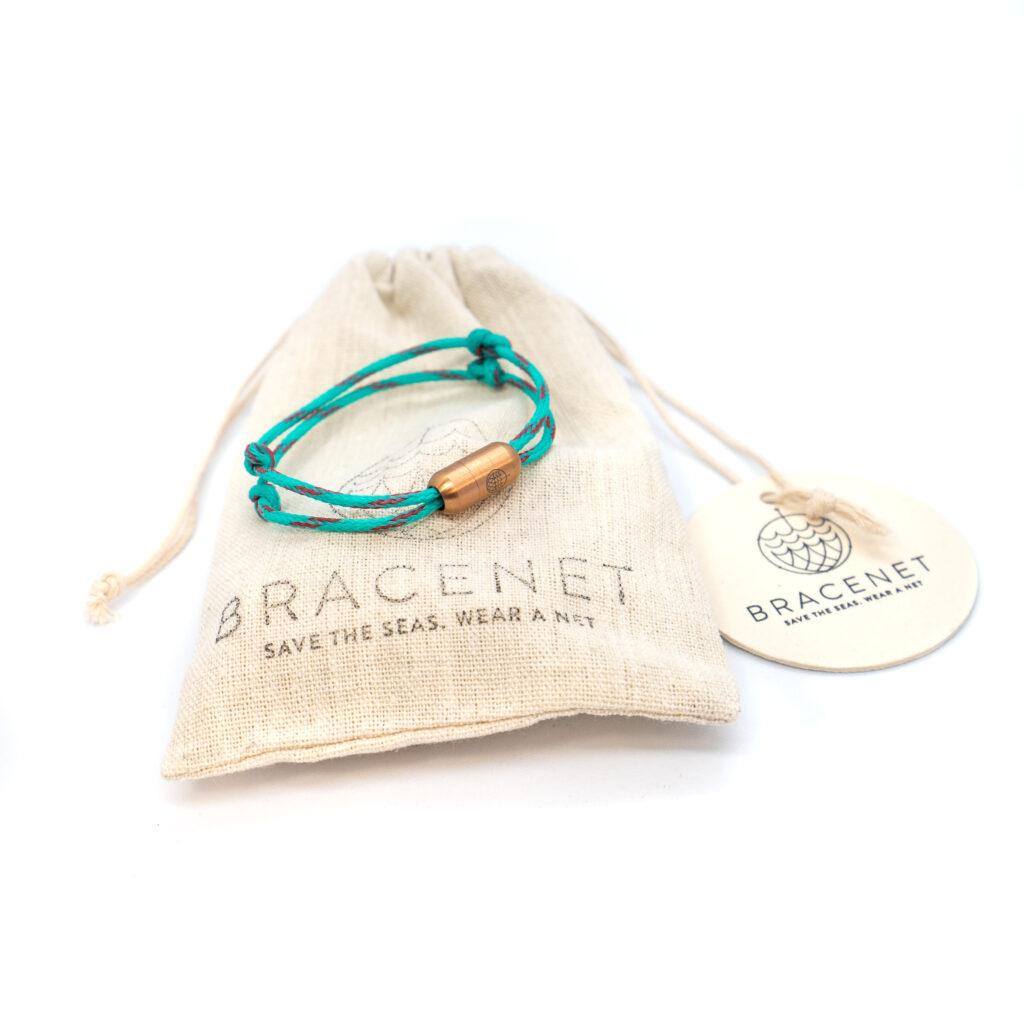
von Hohenthal: Our biggest unique selling point is that we not only have beaches cleaned, but that the nets are taken out of the sea on a large scale. We always donate a percentage of our income from the products we sell to organizations such as Healthy Seas, Sea Shepherd, Everwave, the Ocean Voyages Institute and many more. So far, we have donated around €190,000. The money is used to finance the rescue missions as well as equipment and training for the teams. Our aim is to do a lot, especially in terms of prevention, and to network many projects with each other.
Wenke: It all started with the Bracenet. We were the first to use and upcycle the nets in this way. We now have many new products in our range. We also support various preventative measures, including the establishment of a fishing school for sustainable fishing in Greece.
Aren't you worried that the bracelets could end up back in the sea or in nature?
Wenke: Of course, we try to avoid this by ensuring the quality of the bracenets. So far, however, we have never heard of anyone losing them while diving or swimming.
von Hohenthal: In case of doubt, it would only be the piece and not the entire net that ends up back in the sea. We have been developing our bracelets for over a year to ensure the best possible quality. We replace broken bracenets free of charge and the broken ones are recycled.
What was it like for you as a couple to start up?
von Hohenthal: We are still married, so it worked out well (smiles). We've been together for almost eleven years and married for five. We had a little son the year before last. In the beginning, it was a bit bumpy for everyone to find their position. We're both used to being the boss. Now we each have our own topics that interest us. Of course, we still have a marriage contract for the company so that everything is regulated in the event of an emergency and the employees are protected.
What was the biggest challenge during the start-up?
von Hohenthal: Everything. We always say that it was good that we were naive and had no idea what we were actually doing. I would recommend starting up to anyone.
Wenke: What was really difficult for us was to see the whole issue in economic terms. We are responsible for 33 colleagues.
What tip would you like to give other founders?
von Hohenthal: Make a good contract with your lawyer. Regardless of whether you are founding with your partner, a friend or someone else, make sure you are protected. Many start-ups split up again and it's good to have things sorted out in advance so that employees and all financial matters are covered. In general, we can recommend getting coaching as a team. The team partner and in our case even the spouse is the most important team member. You always coach your employees, but we are the most important team for us.
Wenke: It's super helpful to have sparring partners with whom you can exchange ideas and get support if necessary. We often say "committee rarely becomes premium", in the beginning we asked many different people for their opinion. If you are convinced yourself, you should do it. A good idea only accounts for 20 percent, the remaining 80 percent is the implementation and this is where the real work begins.
Where do you see Bracenet in three years' time?
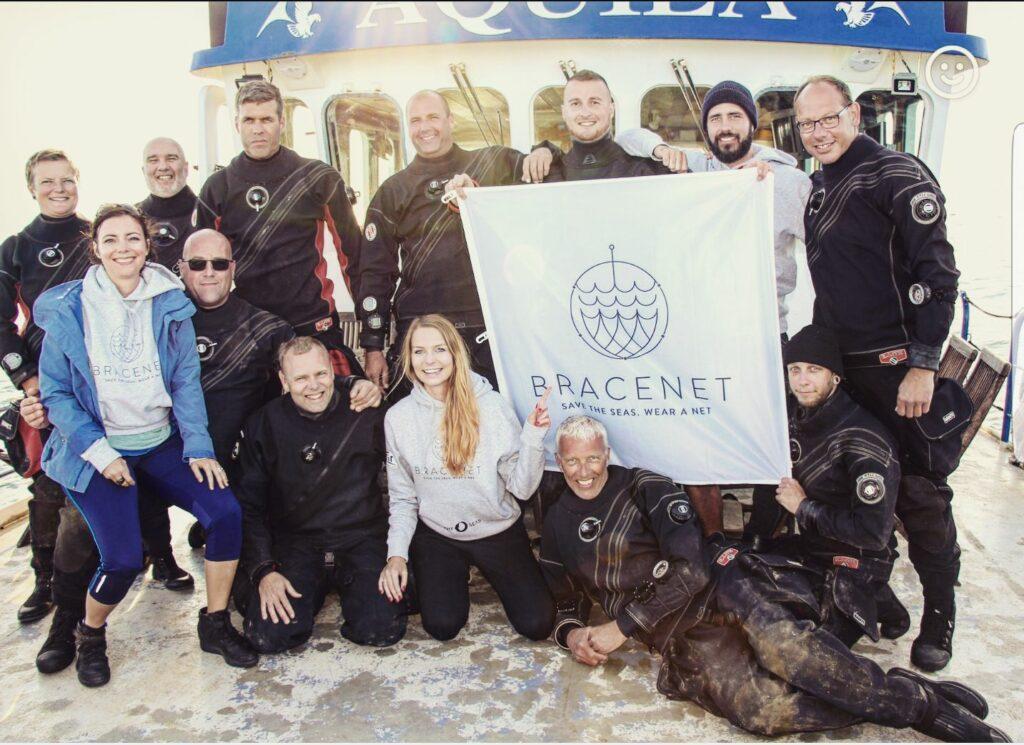
Wenke: That's super difficult to answer because we still haven't written a business plan and prefer to sail with the wind. In three years' time, there will probably be new problems that we'll have to deal with. We want to retain our flexibility. One of our goals is also to bring the topic back into the political arena, which is why we took part in the UN Ocean Conference in 202 and shared our knowledge. As a company, you can achieve a lot more than a private individual. Our overarching goal is to free the oceans from nets and to abolish ourselves.
About the people:
Madeleine von Hohenthal and Benjamin Wenke both have a background in marketing. The couple founded their first start-up, Bracenet. Wenke most recently worked as Head of Marketing for Bosch, while von Hohenthal was Head of Art Buying at the BBDO agency.

Newsletter
Startups, stories and stats from the German startup ecosystem straight to your inbox. Subscribe with 2 clicks. Noice.
LinkedIn ConnectFYI: English edition available
Hello my friend, have you been stranded on the German edition of Startbase? At least your browser tells us, that you do not speak German - so maybe you would like to switch to the English edition instead?
FYI: Deutsche Edition verfügbar
Hallo mein Freund, du befindest dich auf der Englischen Edition der Startbase und laut deinem Browser sprichst du eigentlich auch Deutsch. Magst du die Sprache wechseln?






